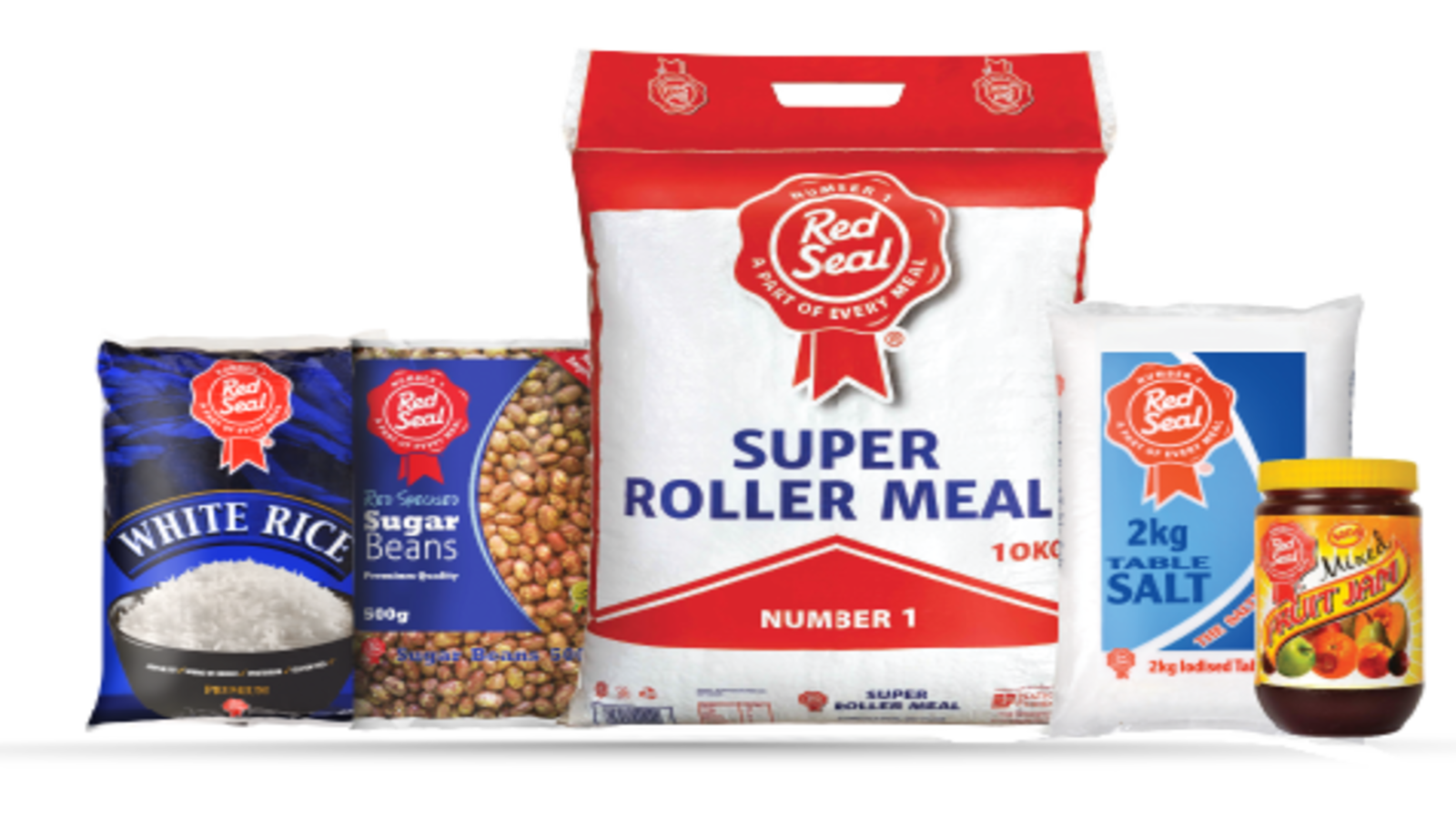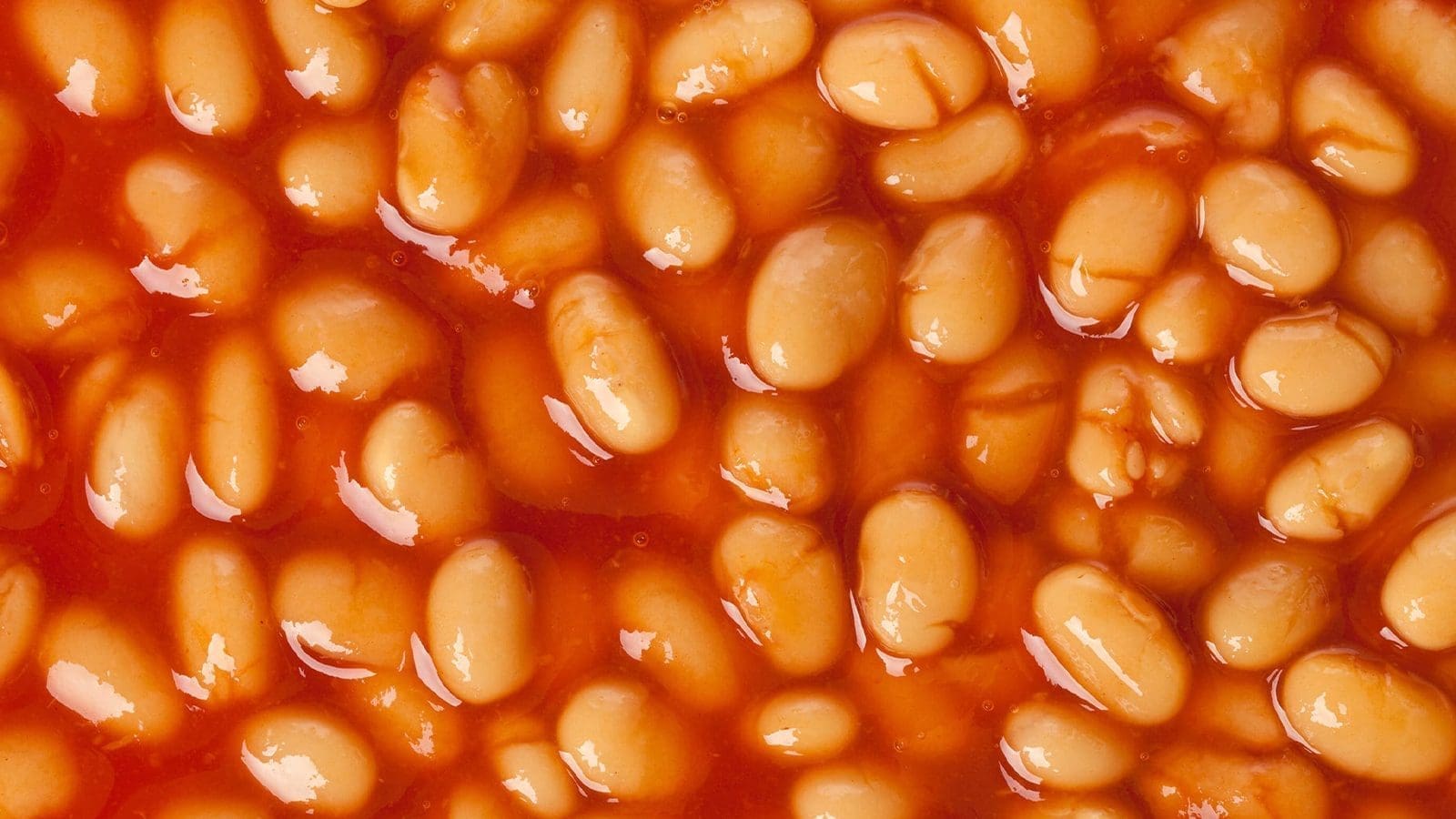ZIMBABWE – Zimbabwe’s food manufacturers have faulted the sporadic supply of foreign currency as one of the many tailbacks that hinder them from meeting the stipulated food fortification requirements, since most fortificants are imported.
This follows recent ultimatum by the Ministry of Health and Child Care that manufacturers of food that require fortification risk having their products banned if they do not comply with the required standards. In June 2017, the Government made it mandatory for major local food manufacturers to fortify processed staple foods with micronutrients to prevent and control micronutrient deficiency disorders among people especially children.
Micro-nutrient deficiency is prevalent in women and children under five years, especially in rural areas. Through the Food and Food Standards Regulations, 2016 (SI 120 of 2016) and national food fortification strategy, food vehicles targeted for fortification include sugar (vitamin A), cooking oil (vitamin A and D), maize meal, and wheat flour (A, B1, B2, B3, B6, B12, folic acid, iron, and zinc).
However, the efforts to enhance food micronutrient content seem to be pegged back by what the companies say is “unsettled economic environment experienced in the country.” In an interview recently, the Chief Executive Officer, Dairiboard, Anthony Mandiwanza, said much of the fortificants are obtained from outside the country, hence the need for reliable sources of foreign currency to meet the regulatory standards.
The resources should be availed to ensure precision and efficacy of the fortification process.
“High-quality fortificants are mostly imported. This implies the need for foreign exchange, its consistency and timely availability to ensure delivery on time and consistently. Domestic processes required for food fortification approval need to be industry-friendly and laboratories for sampling and testing services, need to be capacitated for accuracy and efficient services,” said Mr. Mandiwanza.
Weighing in on Mr. Mandiwanza’s sentiments, United Refineries Limited (URL), Chief Executive Busisa Moyo, indicated that the government should devise a way or even set up companies that sell the fortificants in local currency while receiving foreign currency priority from the central bank.
“Most of these fortificants come from outside the country and companies are still limited in foreign currency. We recommend that we have a company that is given priority in foreign exchange disbursements, so that it avails the fortificants locally, where we just use local currency to buy. Then you can have more compliance. But if you have to look for foreign currency through a hustle you will end up having problems and you end up saying you are unable to fortify,” said Mr. Moyo.
According to the nutrition journal, in addition to mandatory fortification, the government is promoting three bio-fortified food crops which are, bio-fortified orange maize with added Vitamin A, Nua 45 beans with Zinc and Iron, and protein maize.
According to The Zimbabwe Mail, the proportion of children under five years who were stunted in 2018 was 26 percent, representing a decline from 34 percent recorded in 2010. However, the 26 percent stunting rate recorded by Zimbabwe in 2018, still falls short of the UNICEF acceptable target of 20 percent.
Liked this article? Subscribe to Food Safety Africa News, our regular email newsletters with the latest news insights from Africa and the World’s food safety, quality and compliance. SUBSCRIBE HERE








